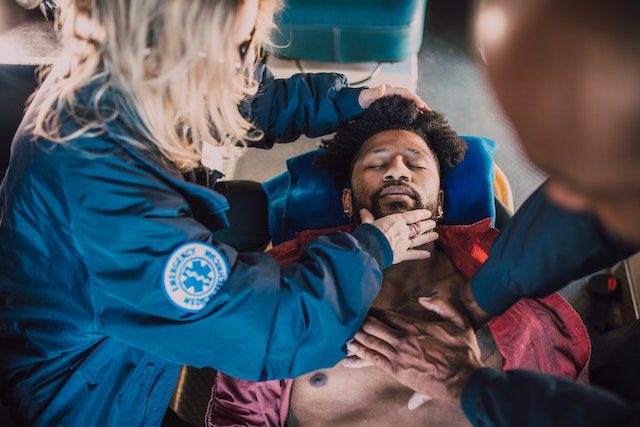
After a 6-year review of national data compiled by the Cardiac Arrest Registry for Better Survival (CARES) at Emory University School of Medicine, a group of researchers found that minorities such as Hispanics and Blacks were less likely than whites to experience life-saving care such as Cardiopulmonary resuscitation (CPR) during cardiac arrest.
The new study in the New England Journal of Medicine (NEJM) provided a detailed analysis which revealed that Blacks and Hispanics were 26% less likely to receive CPR than their white counterparts.
The odds were even lower in the case of public-spirited arrests, with blacks and Hispanics 37% more likely to receive CPR than whites in the same emergency. The paper which analyzed CARES data collected from 2013 to 2019, builds on previous studies of health equity and heart failure in several important ways, including further analysis of neighborhood income at the racial and ethnic level.
What the researchers found was that the difference between the responses of Blacks and Hispanics compared to whites remained constant regardless of neighborhood income level or race and ethnicity and regardless of gender. The lack of transparency is consistent even in public areas that may have a large pool of CPR-trained responders available, such as entertainment venues and tourist destinations.
The sooner CPR is administered, ideally within the first two minutes after the patient collapses, the better the outcome for the patient. Since CPR is close by not only affects a person’s life or death, it can also improve a person’s life once he receives treatment and recovers.
“As an emergency physician, I know how important CPR is for patients in cardiac arrest,” says Bryan McNally, MD, professor in the Department of Emergency Medicine and Executive Director of CARES.
“Our research team hopes that this paper can be a catalyst for change to help reduce racial and ethnic disparities and improve outcomes for all communities.”
Founded by Emory and the Centers for Disease Control and Prevention (CDC) in 2004, CARES serves as a multicenter registry of people who have experienced noninvasive cardiac arrest in a hospital in the United States.
Internationally, the record covers an area of more than 175 million people, or about 53% of the US population, representing 32 states that join the District of Columbia. To date, the registry has captured 850,000 cardiac arrest event records, with more than 2,400 EMS agencies and more than 2,600 participating hospitals nationwide.







